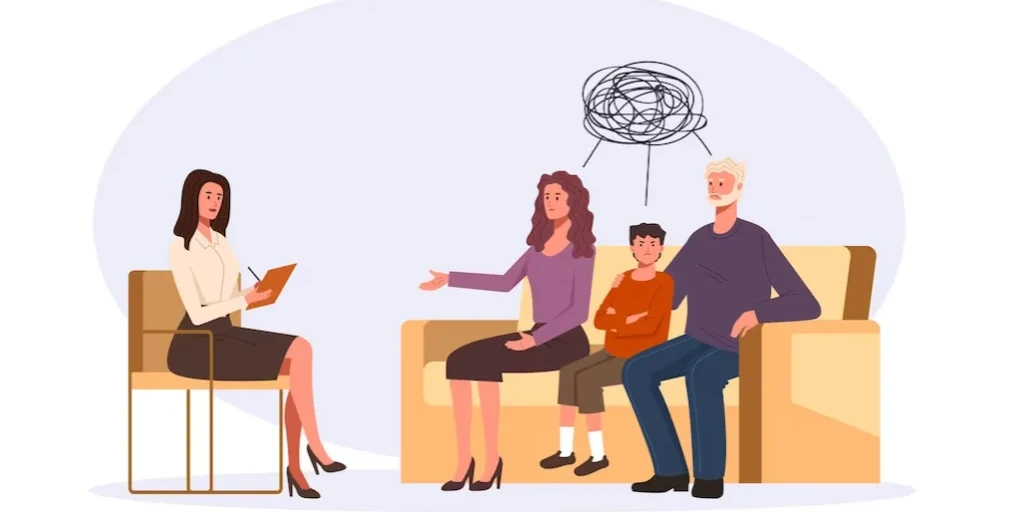24/7 Helpline:
(866) 899-221924/7 Helpline:
(866) 899-2219
Learn more about Eating Disorder Treatment centers in Clawson
Eating Disorder Treatment in Other Cities

Other Insurance Options

Covered California

Multiplan

ComPsych

Meritain

Horizon Healthcare Service

GEHA

Sliding scale payment assistance

UnitedHealth Group

Health Partners

Sutter

Highmark

Carleon

Magellan

Absolute Total Care

UMR

Choice Care Network

Aetna

Cigna

MHNNet Behavioral Health

Self-pay options








































































Four Corners Behavioral Health
Four Corners Behavioral Health is a private rehab located in Castle Dale, Utah. Four Corners Behavio...

Four Corners Behavioral Health
Four Corners Behavioral Health is a public rehab located in Green River, Utah. Four Corners Behavior...

Southwest Counseling Service
Southwest Counseling Service is a comprehensive community mental health center that has been providi...









